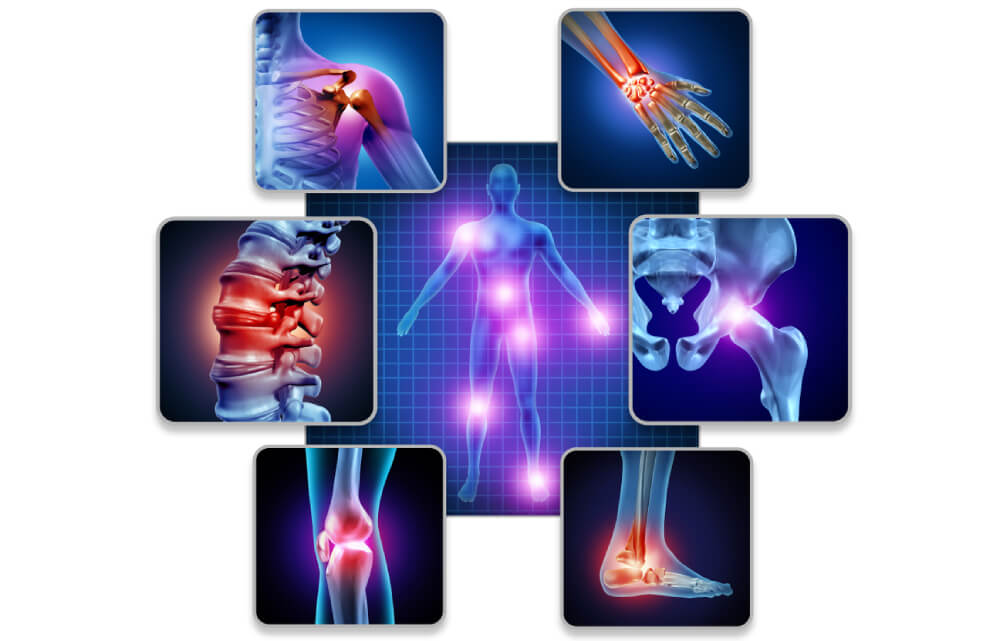4-The Mediterranean diet and inflammation:

The types of food consumed in the Mediterranean diet are highly rich in antioxidants and anti-inflammatory substances that greatly decrease the inflammatory markers in the body and reduce overall inflammation. It down-regulates the cellular and humoral immunological pathways related to disease activity and progression along with inhibition of recruitment and adherence of polymorphonuclear cells to endothelial tissues leading to the downregulation of CD molecules expression on these cells exhibiting an anti-inflammatory response.
In the Western diet, there is higher salt content that results in higher osmotic stress giving a proinflammatory response through innate and adaptive mechanisms in contrast with the low salt content of the Mediterranean diet which helps lower the rate of inflammation and lower the risk of hypertension and edema.
Carotenoids like lycopene found in fruits and vegetables like tomatoes and watermelon are associated with antioxidant properties that reduce oxidative stress and have been shown to decrease disease activity, pain, and stiffness in people suffering from inflammatory arthritis.
The Mediterranean diet with its abundant content of lycopene has been linked to lower rates of allergies and asthma in children with its protective action on the airway reducing inflammation and decreasing the rate and severity of asthma attacks.
It has also been linked to lower the rates of autoimmune diseases like SLE, RA, or psoriasis as the Mediterranean diet promotes keeping a healthy weight and ideal BMI which is one of the main factors associated with flare-ups of these conditions along with its anti-inflammatory properties it helps make the flare-ups less severe than other diets.


